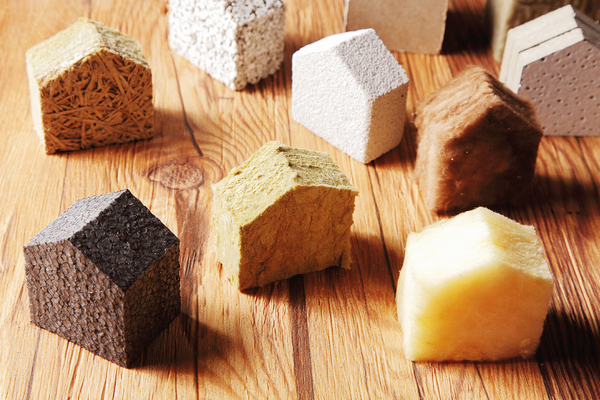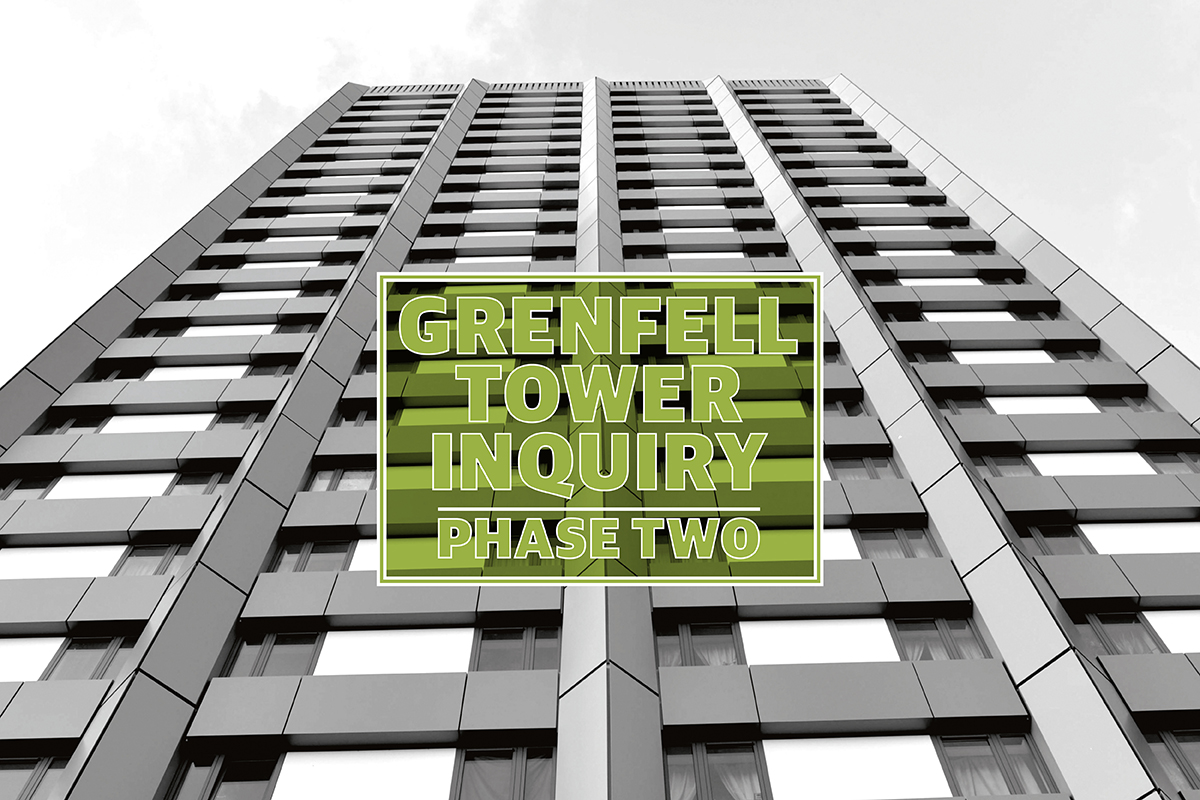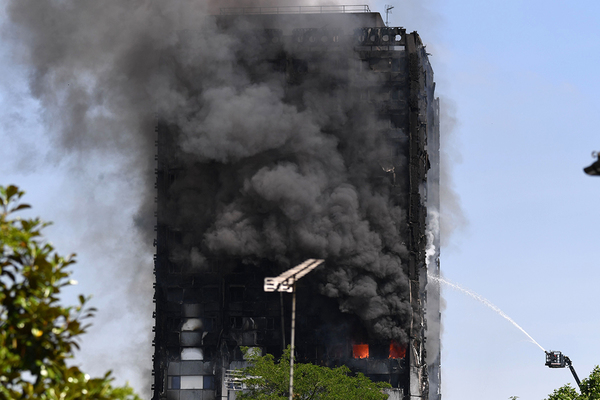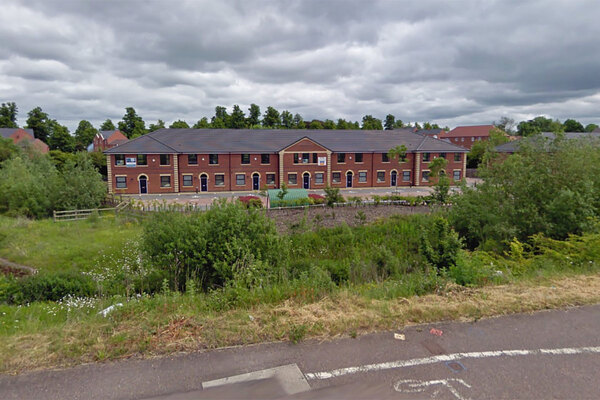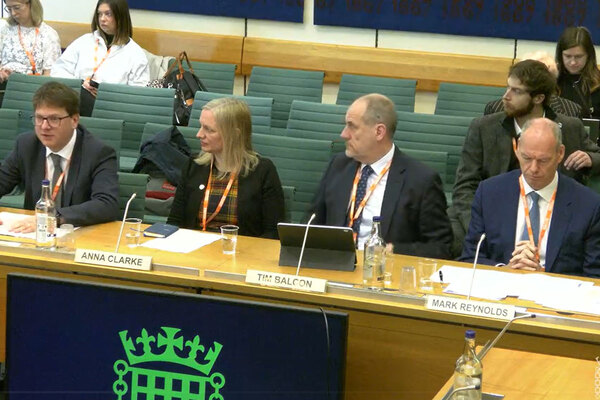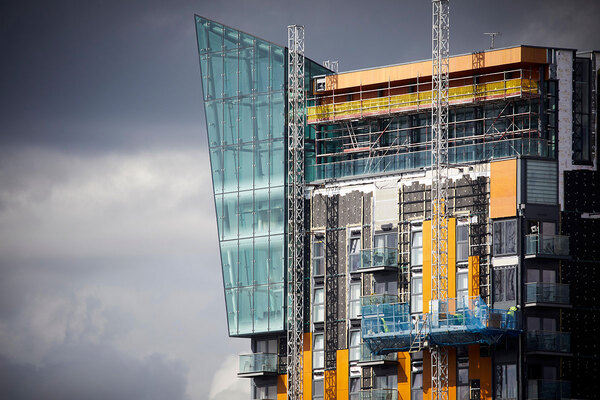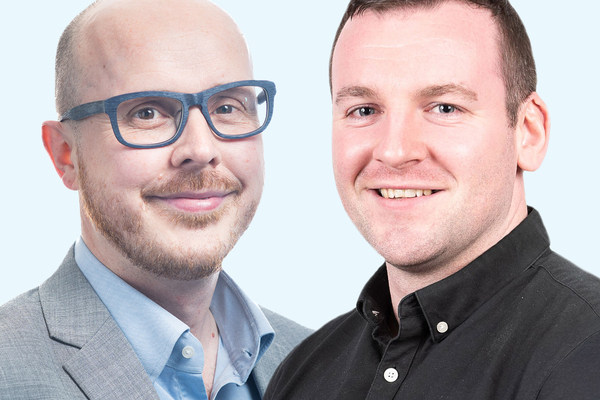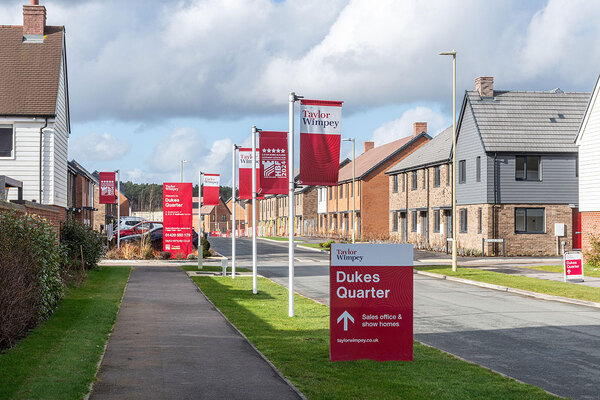Kingspan withdraws insulation fire test admitting it is ‘not representative’ of product on market for 15 years
A market-leading insulation firm has withdrawn fire testing for a widely used insulation product, admitting that the test does not represent the product it has been selling for almost 15 years.
Kingspan last week wrote to the Building Research Establishment (BRE), which carried out testing on its Kooltherm K15 product, to withdraw test reports it has used in its marketing since 2005.
The revelation, which came at the beginning of this morning’s Grenfell Tower Inquiry session, was because the test “was not representative of the K15 product which has been sold by them from 2006 onwards”.
Lawyers for bereaved families and survivors of the fire later said that the firm had changed the composition of the product in 2006, and that the new product had “a poor performance in fire”.
When the new product was retested in 2007 the test was described in internal Kingspan documents as “a raging inferno”, the inquiry heard.
Richard Millett QC, counsel to the inquiry, said this had been a line of investigation pursued by the inquiry for two years and “raises very serious questions” about why the product was not withdrawn sooner.
Kingspan K15 is a market-leading insulation product that has been installed on thousands of buildings – including many high rises – nationwide.
Mr Millett said: “As recently as 29 October, Kingspan solicitors wrote to the inquiry attaching a letter directly from Kingspan to the BRE saying that they were now withdrawing a number of their BS8414 test reports…
“Kingspan’s letter to the BRE said in terms that the very first test carried out on Kooltherm K15 in 2005 was not representative of the K15 product, which had been sold by them from 2006 onwards. That is to say, the K15 tested in 2005 was essentially a different product to what was being sold after 2006.”
He added: “Now, this raises very serious questions about why Kingspan did not withdraw these reports at the earliest opportunity when it became aware of these issues, and at the first sign of any material irregularity.
“The inquiry has been and had been actively pursuing this line of investigation with Kingspan for some two years. Therefore, questions as to why these reports continue to be relied upon, why they were not withdrawn earlier, as a precautionary measure, and the timing of this letter are matters we will have to explore in the evidence.”
Mr Millett was followed by Stephanie Barwise QC, who appeared on behalf of the bereaved and survivors.
Ms Barwise said the 2005 test had used a cement fibre cladding panel and cavity barrier that was not commercially available.
“These materials were unrepresentative of ordinary cladding construction, and particularly the cavity barriers were of phenomenal efficacy, preventing the flames from overtopping the rig as it appears they otherwise would have done,” she said.
She added: “The 2005 test was carried out using old technology whereas subsequent tests were carried out using new technology. K15 after the technology change in 2006 was a completely different product with poor performance in fire as both Kingspan observers and BRE, who carried out a test on new technology K15 in 11 2007, acknowledged.
“Kingspan’s observer referred to the rig as a raging inferno and BRE made so-called unofficial comments making clear the problem was not a system failure but that in fact the K15 was fully involved in the fire and continued to burn after the heat source was extinguished.”
It came amid an opening statement that accused Kingspan of “seminally causative” actions in relation to Grenfell Tower as it “set the precedent” through this testing that combustible insulation could be used on high rises.
Ms Barwise described the firm’s actions since the fire as “unrepentant arrogance [which] is truly chilling”.
In Kingspan’s opening statement, Geraint Webb QC, appearing for the firm, said it had discovered “important shortcomings” in its “processes and procedures” for three tests, one in 2005 and two in 2014.
But he added: “Further testing in 2015, 2016 and since the fire has supported and validated the performance claims made historically in respect of those three earlier tests and the company is confident therefore that at the time of the Grenfell Tower refurbishment these shortcomings did not impact the safety of any cladding system incorporating K15 which relied upon those three BS8414 tests.”
Nonetheless, he offered a “full apology” for the discrepancies.
He also told the inquiry that Kingspan did not know that its product had been used on Grenfell Tower until after the fire, but that government testing “strongly indicates” that the cladding used in the refurbishment was unsafe regardless of what insulation was placed behind it.
In the survivors’ opening statement, it was acknowledged that the 2005 test was “successfully replicated” in 2019, suggesting it could have passed.
However, survivors’ lawyers said this argument “should be ignored” due to matters including further changes to the product.
Sign up for Inside Housing’s weekly Grenfell Inquiry newsletter
Each week our sister publication Inside Housing sends out a newsletter rounding up the key news from the Grenfell Inquiry, along with exclusive analysis of what it all means for the social housing sector.
Already have an account? Click here to manage your newsletters
